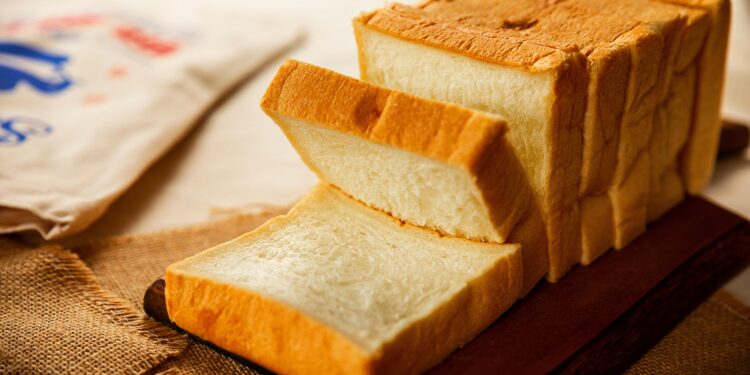The National Bureau of Statistics (NBS) in Nigeria has reported a significant surge in the average price of bread, with a 52.69% increase in the cost of 500g unsliced bread over the past year.
According to the Selected Food Price report for October 2023, the price rose from N482.47 in October of the previous year to N736.68. There was also an 11.32% increase from the N661.75 recorded in September of the same year.
The report also highlighted a 45.43% price increase for 500g sliced bread, a staple in many middle-class homes. The price rose to N760.82 from N523.16 in the same month of the previous year, with a 7.41% month-on-month increase from N708.36 in September 2023.
The highest price for both unsliced and sliced bread was reported in Delta at N1075, while Yobe recorded the lowest prices at N500.25 and N505.8, respectively.
Bread prices are identified as a significant contributor to Nigeria’s soaring inflation rate, which reached an 18-year high of 27.33% in October.
The rising cost of baking ingredients, forex scarcity, and the expense of using generators, particularly diesel generators, for production were cited as key factors behind the bread price hikes.
The cost of running diesel generators in Nigeria was reported to be four times the cost of electricity tariff per kilowatt hour, according to a report by PricewaterhouseCoopers (PwC).
Bakers also pointed to over 15 levies imposed by local government councils, public health cadet charges, and food handling tests as contributing to the operating costs of bakeries in the country.
The Premium Breadmakers Association of Nigeria (PBAN) attributed the increasing costs to these factors and emphasized the need for sustainable solutions to address the challenges facing the bread industry in Nigeria.



